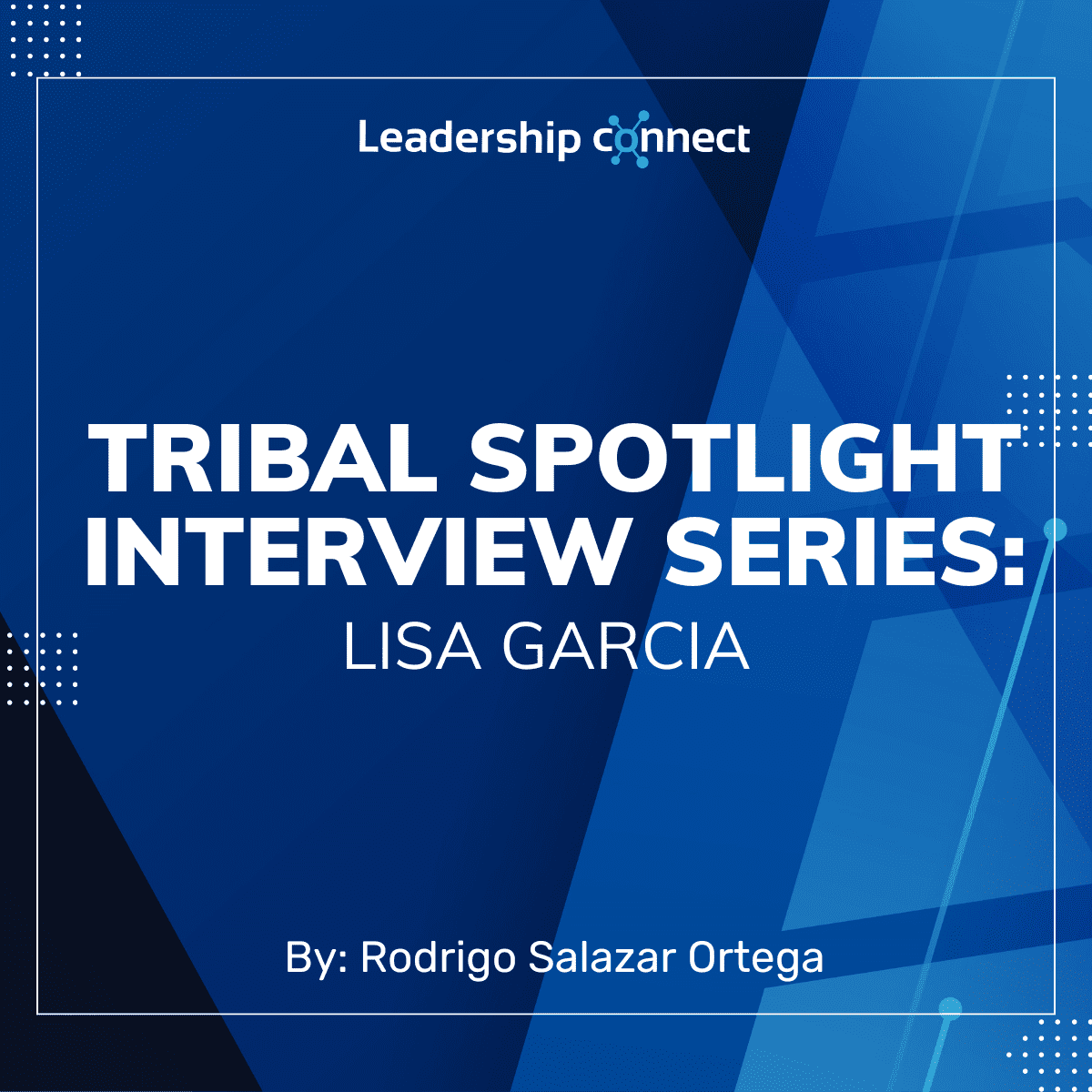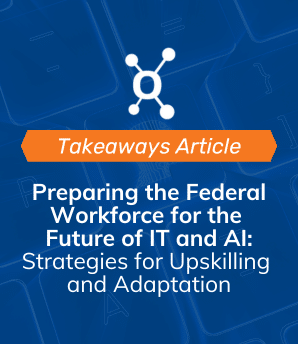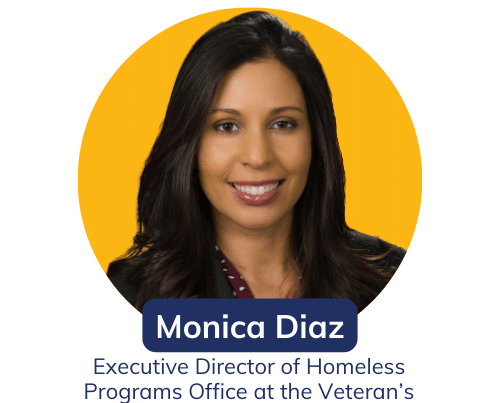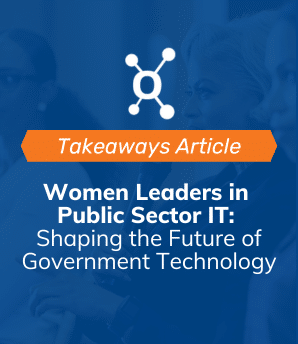I spoke with Lisa Garcia, Senior Consultant at the Department of Energy Loans Program Office, about her experience in finance and grant writing in the Tribal Government Relations space.
Can you tell me about your career path that has led you to where you are now?
My career has had a lot of twists and turns to it. I worked with nonprofits for most of my career, mostly in fundraising and grant writing, and then 10 years ago, I started working with tribes. After working with the Barona Band of Mission Indians, the San Pasqual Band of Mission Indians, and the Soboba Band of Luiseno Indians as a grant writer, I worked for the Mayor of San Diego’s office on grant applications. With the pandemic I was working from home and took some time off and got asked to work with the Tule River Indian Tribe on a consulting project. This made me want to focus again on working with tribes because it is such a gratifying experience. I am now working with the Department of Energy (DOE) helping tribes get grants for energy development and I am also doing a lot of fundraising with tribal colleges to get accreditation. My work is focused on helping organizations get the money and financing they need to develop and grow programs that will advance people, arts, sovereignty, and culture.
How did you become passionate about the intersection of tech, government, and tribal communities, and how do you stay informed and engaged in those areas?
The Barona Band of Mission Indians was the first tribe I worked for. At the time they did not have an executive administration, and everyone reported to the tribal council. It gave me a great opportunity to get to know a lot of the council members, learning how they operate and what they do. Working with other tribes I realized that many have unpaid positions, and people need to have other jobs heightening governance challenges. They need a lot of support with time and resources, and I felt like getting to know those challenges and needs was interesting. Building things starting from scratch was something that I wanted to help with and felt like I could help put resources to use.
What do you believe sets Tribal Government Relations apart as a unique work environment, and how do you navigate its challenges in your everyday work?
It is an unpredictable space. You must be flexible and open-minded, respectful of people’s cultures and open to learning. Tribes have had to work so hard for federal recognition going through so many trials. There is a need to understand differences, and I want to be a bridge for both sides.
Describe a challenging or rewarding project that significantly influenced your growth as a professional. How did you handle the challenge, and what did you learn from the experience?
This is the first time I have worked for the federal government. Tribal governments are sovereign and technically equal to the U.S. government, and they have those intergovernmental relationships. There are people in the federal government who do not fully understand what tribal sovereignty means. It is a challenge of awareness of the needs that exist for tribal nations. There are a lot of important decisions that do not always include the people affected by those choices and mandates. I personally try to speak up to take more considerations and bring stakeholders to the table.
What advice would you give to someone navigating how to bridge the gap between traditional practices and modern governance structures?
Open your mind to being educated, to learning, and to asking questions respectfully. Be open to sharing and listening. People love to share and have cultural exchanges so don’t be afraid to ask questions respectfully.
Word Association, what is the first word that comes to mind for each of there?
- Policy – Reimagine to benefit tribes
- Networking – Necessary to learn about culture
- Communications – Unique from person to person
- Leadership Connect – Tribes are looking to connect people with leaders. Any offerings for tribal nations have potential of being well received.






